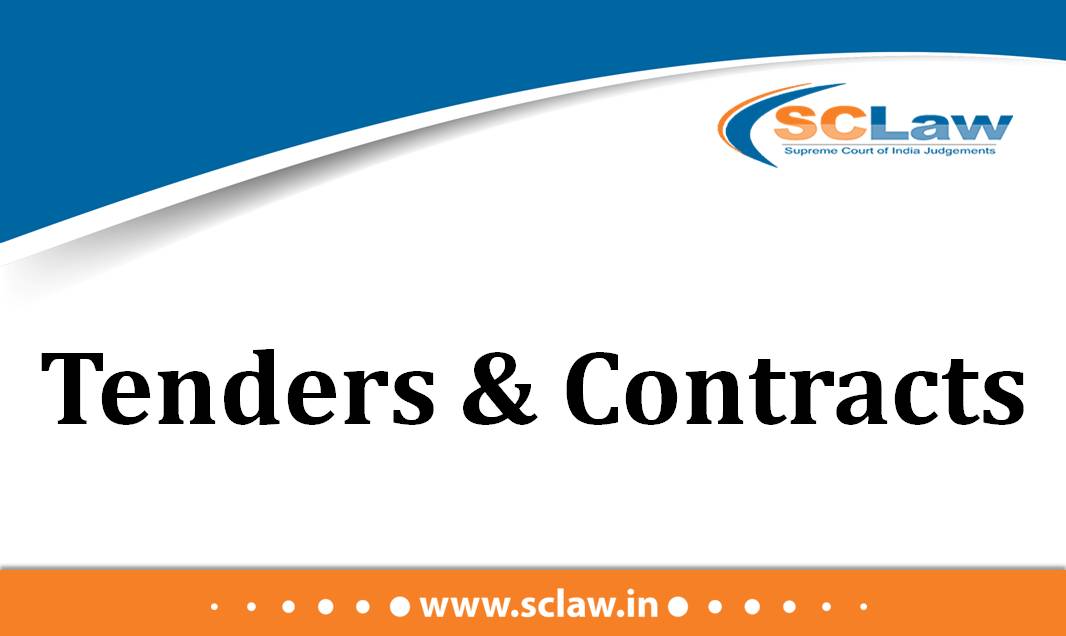Enforcement of highway safety and encroachment removal under the 2002 Act necessitates establishing effective inspection teams, grievance redressal mechanisms, and surveillance, requiring a continuing mandamus.
2025 INSC 753 SUPREME COURT OF INDIA DIVISION BENCH GYAN PRAKASH Vs. UNION OF INDIA AND OTHERS ( Before : Abhay S Oka and Augustine George Masih, JJ. ) Writ…




